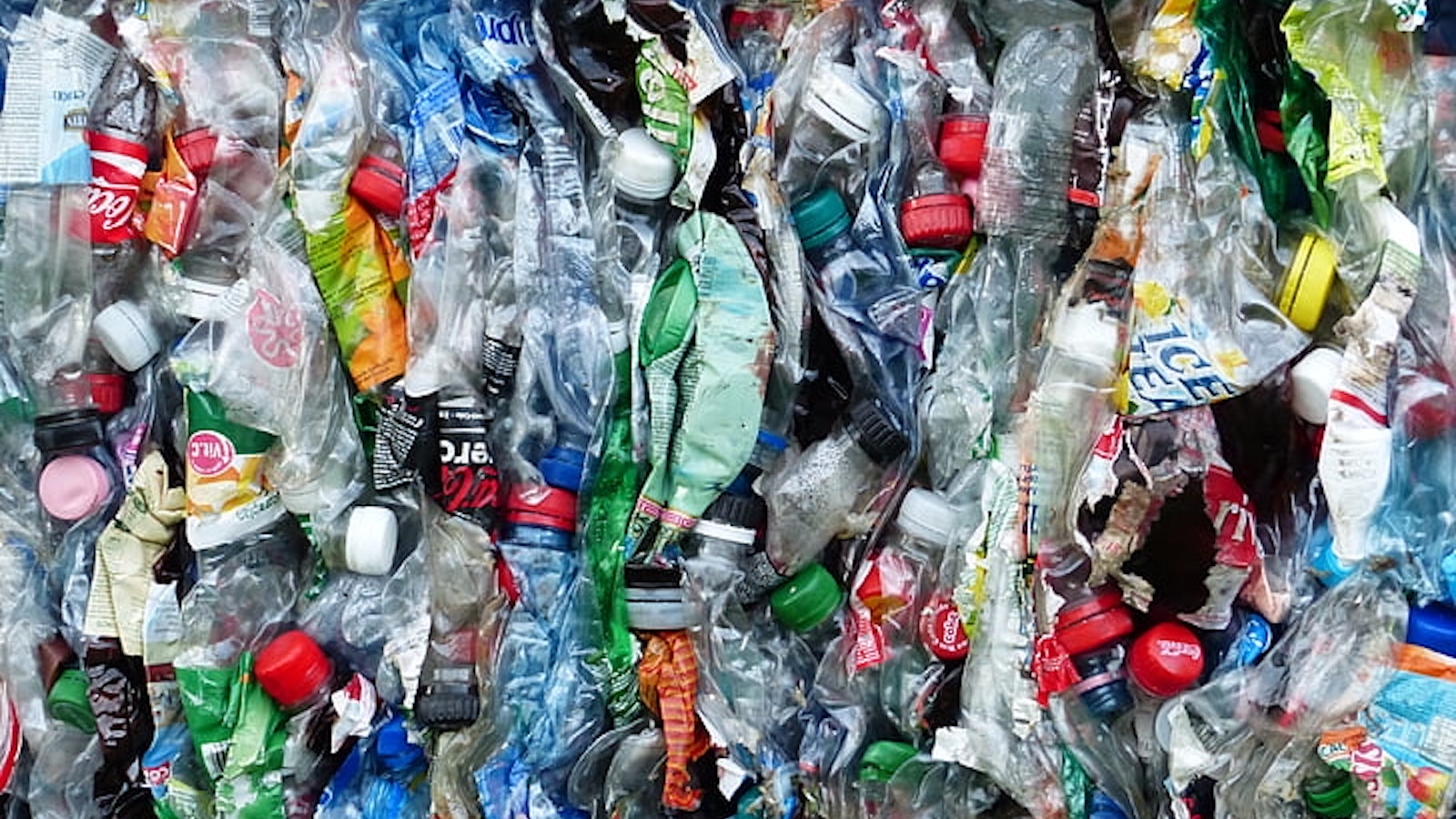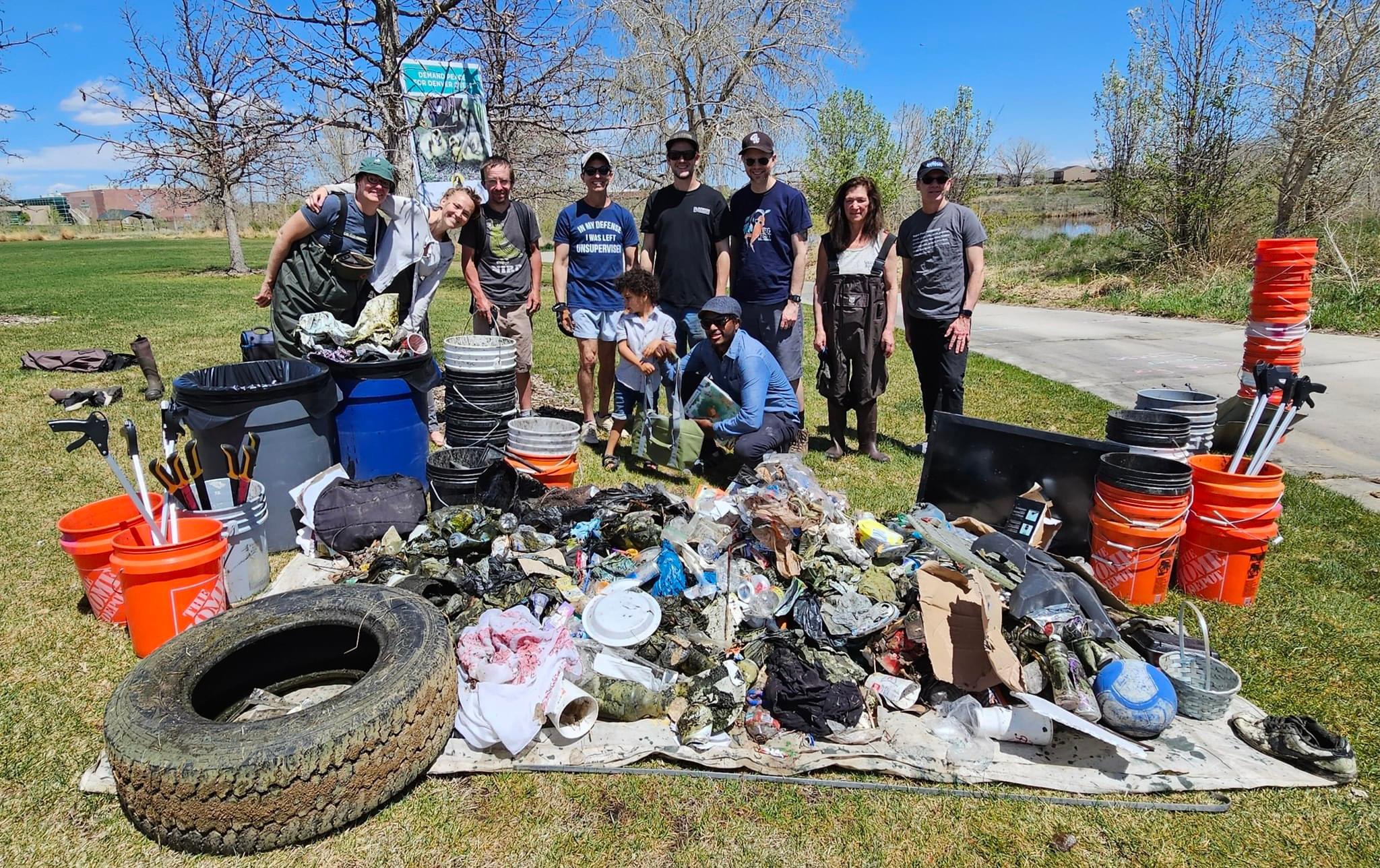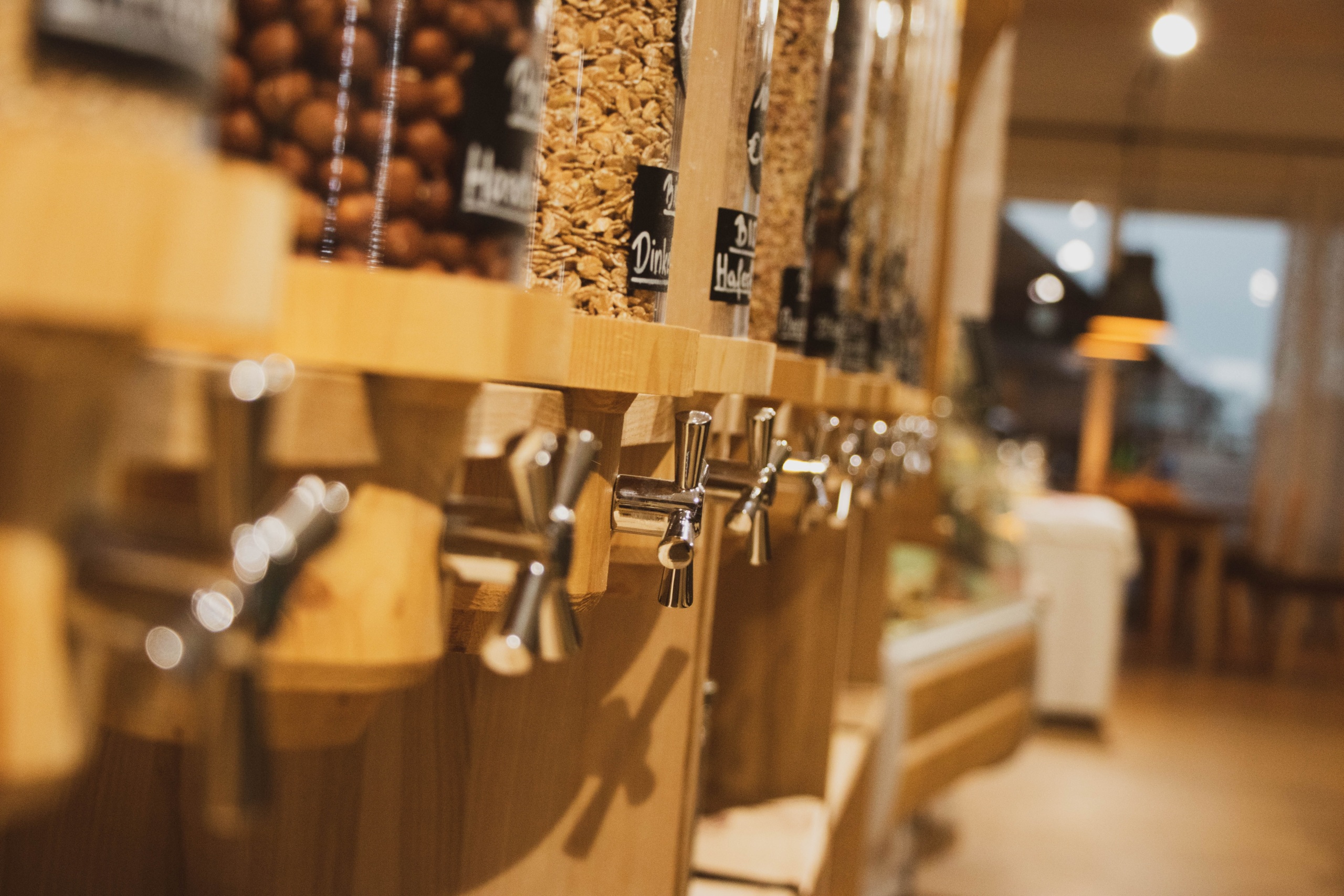This Earth Day, Let Us Write a Different Story
On holidays, most of us like to shop or grill or visit grandma or the in-laws. There’s nothing wrong with that. But it’s good for our souls to take a moment to remember the meaning of each holiday. Consider Earth Day.
On holidays, most of us like to shop or grill or visit grandma or the in-laws. There’s nothing wrong with that. But it’s good for our souls to take a moment to remember the meaning of each holiday. Consider Earth Day.
Earth Day isn’t the kind of holiday when we get a day off from work or school. But millions of us still celebrate. We attend a rally or an educational event. We plant a garden or go for a hike.
It’s our day to reconnect with nature and to remind ourselves that the quality of our lives and those of our children and grandchildren are bound to the health of our natural world.
This Earth Day, many of us will recall the images of whales and other marine animals washed up on shore, their bellies filled with the plastic debris of our throwaway culture. These images offend and alarm us. In them, we see the direct link between our seemingly small, random, individual actions and the health of the planet’s vast oceans and their denizens. We shudder to imagine the world we could be leaving our children and grandchildren, a planet of largely — and quite suddenly, in geological time — lifeless seas.
Since 1970, the year of the first Earth Day, global plastic production has increased more than 10-fold. People dump enough new plastic trash each year to cover every foot of coastline with five plastic bags. Worse, plastic waste is expected to more than triple by 2050. Because plastic doesn’t biodegrade for hundreds of years, its impact on the oceans and on wildlife will outlive us all.
Recycling isn’t the answer. Cheap disposable plastics — including plastic foam containers, single-use straws, and plastic grocery bags — are either not designed to be recycled or incredibly difficult to recycle. Only 4.4 percent of plastic was recycled last year.
Earth Day reminds us that we can write a different story.
After all, our air and water are cleaner than they were in 1970. Numerous forests, mountains, rivers and lakes have been protected. Endangered plants and animals have been saved from extinction. Renewable energy is far more prevalent, efficient and affordable. Each victory has been the result of many factors, not least of which has been people who put their voices, votes and dollars behind their values, cheering on politicians and corporations when they did the right thing, and holding them accountable when they didn’t.
Today, the tide of public opinion and grassroots action is rising against plastic pollution. In California, citizens won a statewide ban on single-use plastic grocery bags. Maryland and Maine are on the verge of banning take-out plastic foam cups and containers. Nearly a quarter of Americans live in a city or state where some single-use plastics are banned or limited. The European Union has pledged to reduce all single-use plastics by 2021.
So enjoy this Earth Day. Get outside and feel the sun that can power our lives, enjoy the trees that cleanse our air and the rivers that supply us with water. Imagine your children and their children inheriting a healthier natural world, one in which most plastic pollution is a thing of the past. And use the power of your voice, your vote and your dollars to make that story come true.
Topics
Authors
Alex Truelove
Find Out More

Can we fix plastic recycling?

Costco should stop supersizing wasteful packaging

Lessons from waterway clean up events

